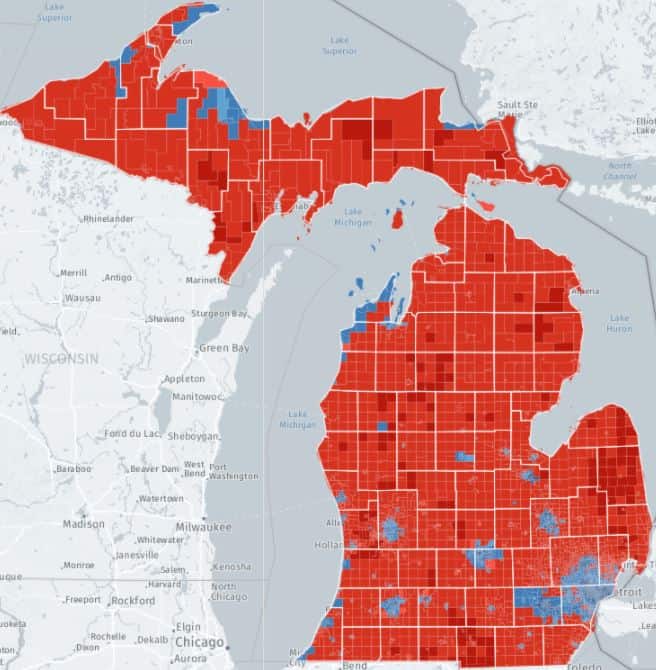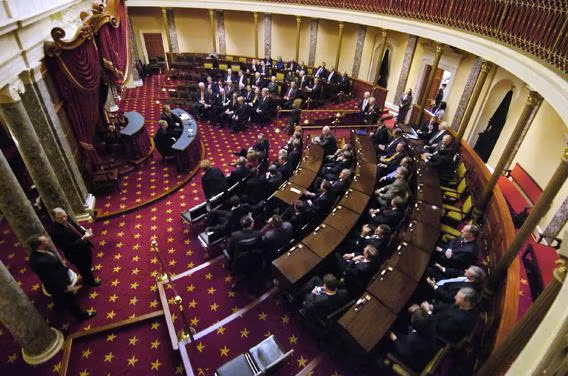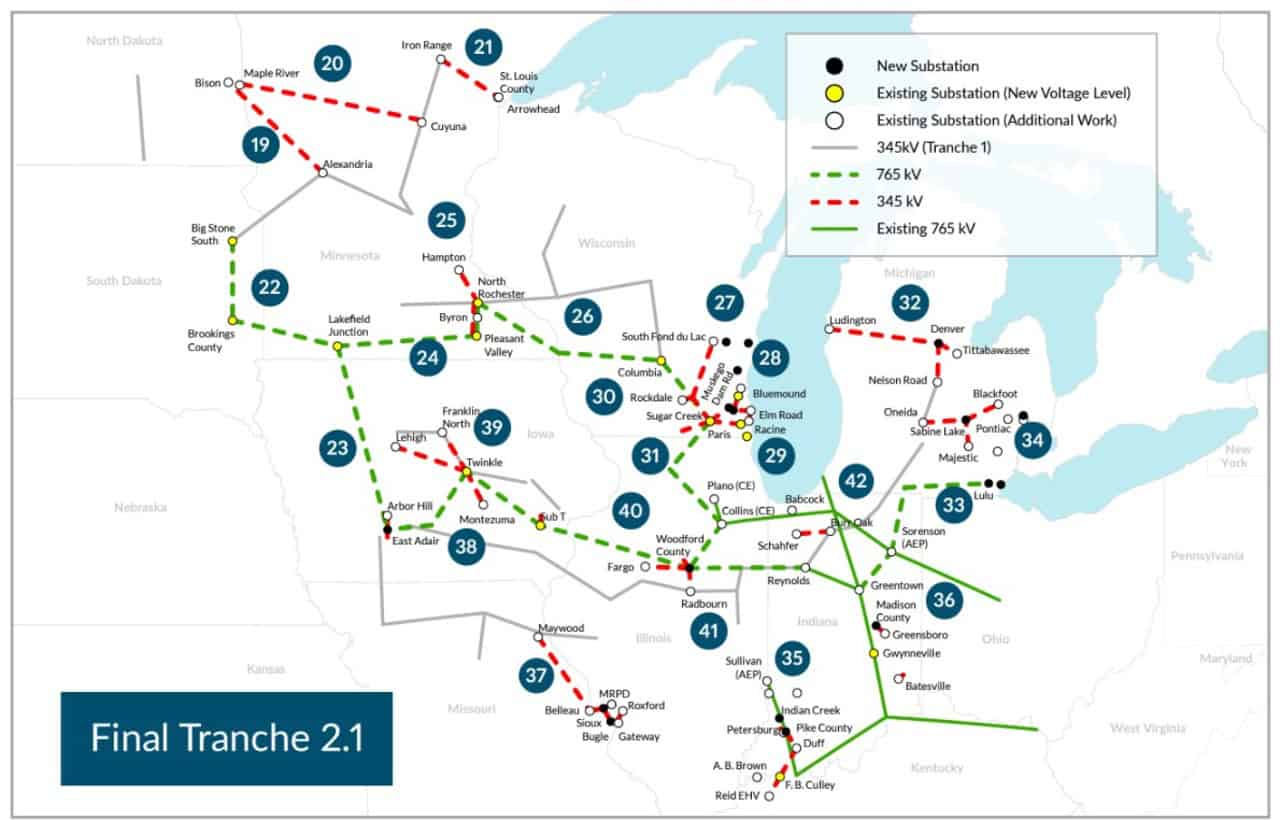LANSING – The sponsor of a bill that would have eliminated the share some cities pay toward state road projects in their jurisdictions fumed Friday at Governor Rick Snyder‘s decision to veto it and said he is considering options to revive the policy, including attempting to override Snyder’s veto.
The Department of Transportation had signaled opposition to the bill as it moved through the Legislature, but it failed to sway lawmakers who voted 109-0 in the House and 37-0 in the Senate to pass SB 557.
So the matter of whether the necessary two-thirds majorities (72 votes in the House and 25 in the Senate) to override exist is not in question. It will come down to tactics, strategy and whether the Republican legislative leadership feels strongly enough about the issue to inflict the first override on a governor in 14 years and just the fourth in the past 60-some years.
It was Snyder’s 50th veto, and while he has vetoed major legislation in the past, it is the first time that an override appears at least conceivable.
“Shocked, surprised, frustrated, very upset the governor would veto something that makes perfect sense and creates fairness for our local communities and cities,” an audibly upset Sen. Marty Knollenberg (R-Troy) said in an interview.
Knollenberg jumped on the issue because his hometown was facing covering 12.5 percent of the major I-75 project within its boundaries. A lengthy stretch of I-75 runs through Troy.
There are 45 such projects affecting other cities, although depending on their population, they may have a smaller share than 12.5 percent.
The Department of Transportation’s current five-year plan assumes a $4.4 million annual contribution from cities statewide under this program.
Snyder, in his veto letter, called the legislation a piecemeal approach to road funding formula reform and revived his call to restructure the state’s basic road formula under PA 51 of 1951, which allocates 39 percent to the state, 39 percent to counties and 22 percent to cities and villages.
If Knollenberg’s bill were to become law, then the state would have to shift funds for its projects to more populous areas and pull funds from rural areas, Snyder said. Additionally, while the current set-up does create hardships for some communities on interstate projects, Snyder said, cost sharing is appropriate on major commercial corridors like Woodward Avenue. And MDOT already provides additional funds to communities that have to pay some of the costs on these state trunkline projects, Snyder said.
“If this bill becomes law, it would pull $22 million from road work at a time when aggressive investment is necessary, without any source of funding replacement,” Snyder said. “This will likely result in certain projects being delayed or resources reallocated from other projects.”
Snyder called for the Legislature to work with his administration in rewriting PA 51 before the end of the year.
“This provision of Public Act 51 is just one of many archaic and complicated provisions,” he said. “As we begin to reinvest in our infrastructure that for too long has been neglected, it is critical that we not tackle the complexities and nuances of Public Act 51 in piecemeal fashion.”
Knollenberg was having none of it. He said he had spoken with top Senate Republican staff and was scheduled to speak with Senate Majority Leader Arlan Meekhof (R-West Olive) later Friday about what to do next. He said he is considering the available options, from an override to a new bill.
“You’ve got broad, bipartisan unanimous support from every member of the Legislature,” he said. “I’m not going to stop until we get this fairness taken care of.”
The Legislature is scheduled to hold a session day July 13.
Knollenberg said Snyder’s chief of legislative affairs, former Lt. Governor Dick Posthumus, called him last night to advise him of Snyder’s decision. He said the administration had asked questions as the bill moved through the Legislature, and he thought he had addressed them.
“I expect to get tough questions, and that’s part of the process, but I had no clue that he would go through with the veto,” he said. “He’s just simply wrong in his decision-making.”
Rep. Peter Pettalia (R-Presque Isle), chair of the House Transportation Committee, said he was surprised by the veto, but wanted to speak with the administration to find out its reasoning. Initially, Pettalia said he was not supportive of the bill because he worried it would pull money away from road projects in northern Michigan.
“But when we looked into it, it was not even measurable when it comes to the MDOT budget overall,” he said.
Further, while populous cities have to contribute, a neighboring populous township does not, he said. For example, Troy has to pay but Bloomfield Township does not.
Like Knollenberg, he questioned why a city should have to pay for a project on a state-owned road.
“I was all in favor of the bill was because it was a fairness issue,” Pettalia said.
Pettalia said he is open to options on what to do next, but wants to hear the governor’s reasoning before committing to a course of action.
Snyder’s call to reopen PA 51, something he has discussed off and on for five years, again landed with a thud.
“My concern from the great north is PA 51 with the political strength of the lower parts of the state could short northern Michigan,” he said. “That scares me to open up PA 51 if it would at all shortfall northern Michigan.”
And Ed Noyola, deputy director of the County Road Association, said his organization would have “a major problem” with altering the 39-39-22 formula. He noted that federal road money gets split 75 percent to the state and 25 percent to local governments and said it is a misnomer that PA 51 is somehow a relic just because it was initially enacted in 1951. It has been amended hundreds of times, he said.
“While it may be old by enactment, it has been keeping up with the times,” he said. “And the formula was changed five times in order to get to this 39-39-22.”
This story was published by Gongwer News Service. To subscribe, click on www.gongwer.com







